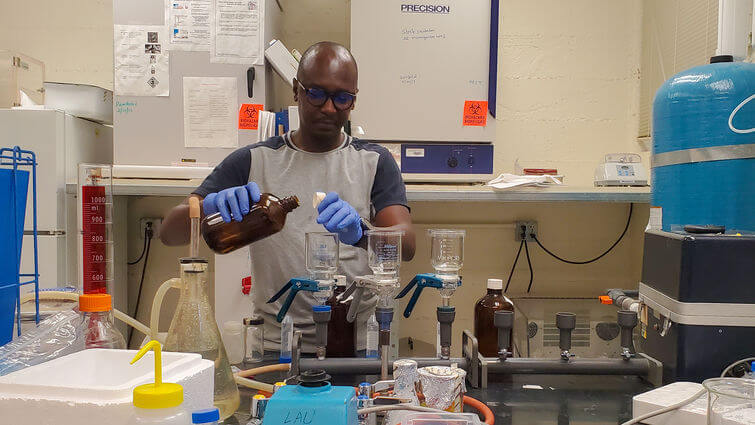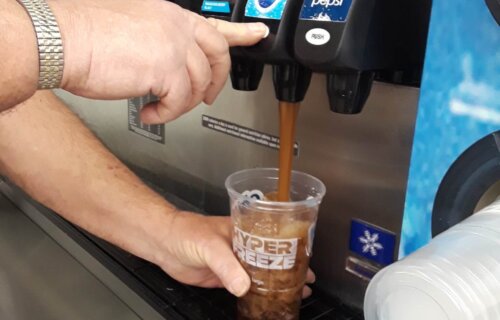LOMA LINDA, Calif. — If you’re getting a meal at a fast food restaurant, you might want to think twice before opting for the fountain soda over a bottle. Researchers from Loma Linda University have discovered contaminated water in the machines at popular fast food joints. A staggering 41 percent of the water samples from these soda fountains tested positive for total coliforms, clear signs of water contamination.
A closer look at the water samples brought forth the presence of genetic material from harmful bacteria such as Salmonella, Pseudomonas aeruginosa, and Escherichia coli (E. coli). These findings have driven researchers to advise soda fountain operators to regularly maintain and sanitize their dispensers to avoid contamination.
“To the best of our knowledge, our study is the first to assess the water quality from soda fountains, water vending machines, swabs, and tap water, especially in the Eastern Coachella Valley,” says study lead author Dr. Thomas Hile, a LLU affiliated researcher, in a university release.

The team collected 72 water samples, spanning fast food soda fountains, water vending machines, and outdoor tap water in the area. They observed the samples both on-site and in their lab. Findings indicated the troubling presence of biofilms. For those unaware, biofilms are essentially structured communities of microorganisms, often found in natural settings. Their presence can lead to complications across various sectors, from environmental to medical.
In certain instances, the bacterial count in soda fountain samples shockingly surpassed the maximum permissible levels dictated by the U.S. Environmental Protection Agency (EPA).
“The presence of pathogenic microorganisms in drinking water is a serious public health concern and cannot be overemphasized,” notes the study’s authors.
Researchers suggest that over time, biofilms develop in water distribution systems, especially those made of plastic, directing water to fast food soda fountains and water vending machines. Moreover, if the filtration systems of these soda fountains aren’t diligently maintained, they fail at effectively preventing water contamination.

Researchers say that it’s important to note that the Eastern Coachella Valley they studied for this project is primarily populated by the Latino community, comprised mainly of migrant and agricultural workers. Access to clean drinking water has long been a challenge in this region.
“The study collected water samples from an underserved area, where there generally aren’t routine checks of water quality and lack of maintenance for soda fountains or water vending machines,” says study author Dr. Ryan Sinclair, an associate professor at Loma Linda University School of Public Health and School of Medicine.
Dr. Sinclair underlined the pressing need for regulatory measures specifically focusing on fast food soda fountains and water dispensers. He and his colleagues urge owners to regularly sanitize dispensers and consider using antimicrobial tubes to curb biofilm growth.
The team now plans to assess the risk associated with the microbial levels found, aiming to understand if they pose any direct health threats or correlate with specific health conditions.
The study is published in the journal Water Supply.
You might also be interested in:
- Non-toxic powder powered by the Sun zaps bacteria out of contaminated water
- Drinking soda linked to obesity among teenagers in over 100 countries
- Eating processed foods high in ‘E numbers’ can lead to heart disease


It has long been know that two very serious problems in food service establishments is contamination of surfaces on the dispensers and contamination of ice, if the machine doesn’t make its own ice. And knowing the problems with cleaning the equipment, this report isn’t too much of a surprise.
Does any one care?? Those soda machine should have some form of self cleaning device that will kill all germs those who make these machines need to come up with ideas with new inventions to stop passing on germs to the public